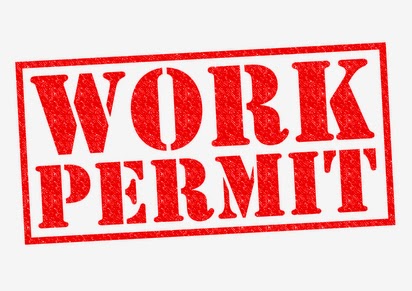Tapping into American Resources: Opportunities For H-4 Visa Holders

Some spouses of H-1B visa holders waiting in line for green cards can now apply for work authorization. This important and long-awaited reform will tap into what is truly an American resource - an educated and experienced potential workforce who is eligible for and waiting for a green card.
The American immigration system has long been inconsistent regarding which visa holder spouses can apply for work authorization in the U.S. As a rule, H-1B visa holder spouses can not work. The spouses of L-1 visa holders, also a dual intent visa, can work. The spouses of O visa holders (extraordinary persons) can not work. The spouses of E visas (treaty investors) can work. There is no apparent rhyme or reason behind these distinctions.
The Department of Homeland Security has now announced that some H-1B dependents - H-4 visa holders - will be allowed to apply for work authorization as of May 26, 2015.
The H-1B visa holder must have an approved I-140 on file. What does this mean? This means that they must have been vetted by the Department of Labor and USCIS as being uniquely qualified for their job. The employer must have participated in a recruitment process to prove that there is no eligible and available American citizen or lawful permanent resident to take that employee's position. This carefully vetted individual must then get in line to wait to apply for a green card - a line that can be up to 15 years long.
Most H-4 dependents have already been in the U.S. for at least six years by the time the I-140 is granted. Having to wait until they and their spouse can apply for a green card puts an incredible burden on families, sometimes causing these uniquely qualified and highly skilled individuals to abandon their green card efforts and move back to their country of origin.
It is also a waste of an American resource. H-4 visa holders are often highly skilled and educated persons in their own right. They may work in fields that do not fall into strict H-1B visa categories, or perhaps may not have been lucky in the tough H-1B lottery, and so have not been able to obtain an H-1B visa themselves. They have been part of our communities for years, and will be green card holders and potentially future U.S. citizens. Putting to work this underutilized local resource will benefit the U.S. economy and society.
To find out more on this new program, go to:
Eligibility for this program is complicated. To find out if you are eligible, please contact us at TheTeam@huwelaw.com
